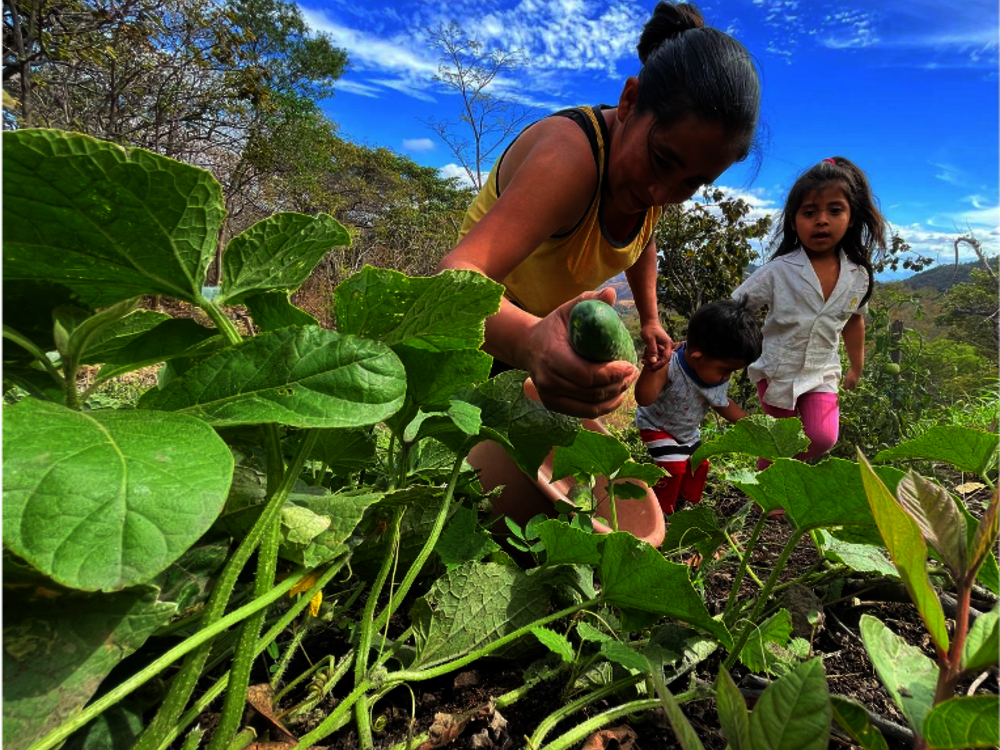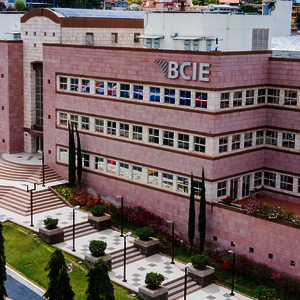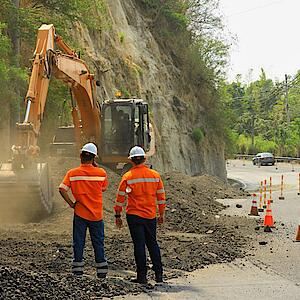More than 27,000 families in the Nicaraguan Dry Corridor benefit from steady progress in the execution of the NICAVIDA Project

The initiative consists of a comprehensive solution that includes territorial and business plans, productive infrastructure works, improved nutritional quality and access to water, reforestation, among other actions.
Managua, July 13th, 2022.- A total of 27,600 rural families are currently benefiting thanks to the steady progress in the implementation of the Sustainable Development of Rural Families' Livelihoods in Nicaragua's Dry Corridor Project (NICAVIDA), which is co-financed by the Central American Bank for Economic Integration (CABEI) and the International Fund for Agricultural Development (FID).
To date, the initiative, which aims to transform rural economies and food systems to make them more inclusive, productive, resilient and sustainable by 50%, is 92% complete, with the goal of impacting 30,000 families by the end of its execution. This was confirmed by the Bank's Credit Operations Supervision Unit, who visited different areas of influence of the Project.
"As CABEI we want to highlight the positive impact achieved with the development of this project. In this regard, we can mention the formulation of 2,053 investment plans out of the 2,430 planned for the benefit of low-income producer families; 67,000 of the expected 75,000 people were trained on natural resource issues; and 3,375 indigenous families have received support, 95% of which are headed by women," said CABEI's Executive President, Dr. Dante Mossi.
Through the NICAVIDA Project, beneficiary families in the departments of Madriz, Nueva Segovia, Estelí, Matagalpa, Boaco, León, Chinandega and Managua develop various activities, combining integration strategies in urban and rural labor markets with agricultural production for self-consumption and commercialization.
"Through these actions in the country, a total of 53,500 people have received information on nutrition and practices to improve their diet, more than 1,500 hectares have been reforested, 750 productive infrastructure works have been built, such as wells, reservoirs, home yards, tertiary roads, bridges, seed banks, and 1,000 commercial facilities have been rehabilitated," said CABEI Nicaragua Chief Country, Carlos De Castilla.
The project is financed with US$48.4 million, of which CABEI is co-financing US$15 million, plus a contribution from FIDA, a specialized United Nations (UN) international financial organization, and another from the Government of Nicaragua. The initiative is being executed by the Ministry of Cooperative and Associative Community Family Economy (MEFCCA).


![[Translate to English:] [Translate to English:]](/fileadmin/_processed_/e/3/csm_WhatsApp_Image_2024-04-18_at_2.12.23_PM__2__590ef43ade.jpeg)

